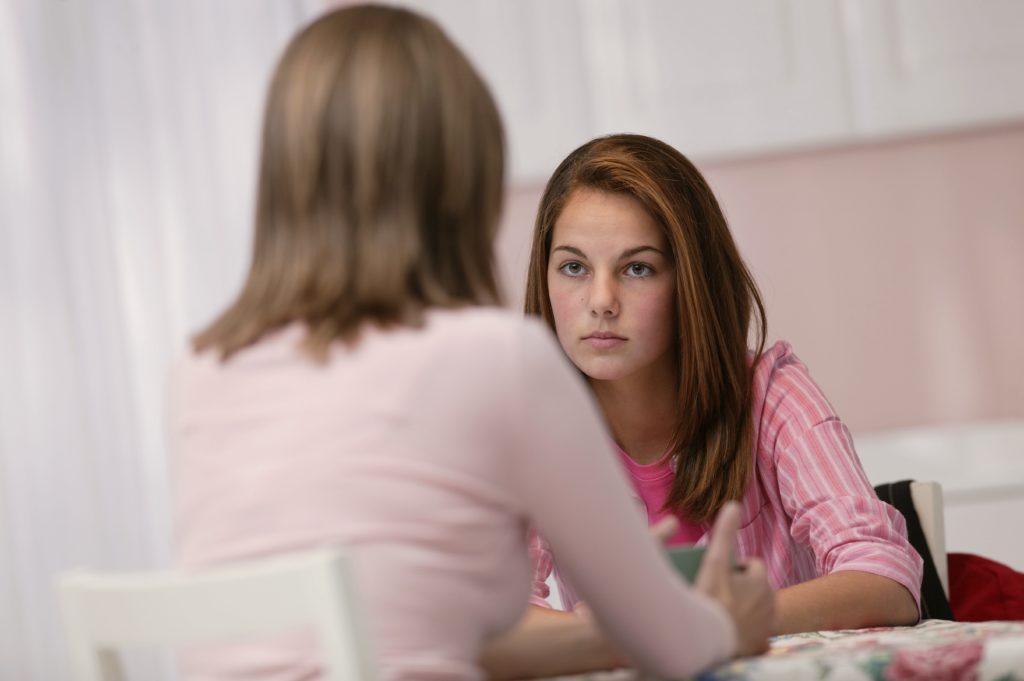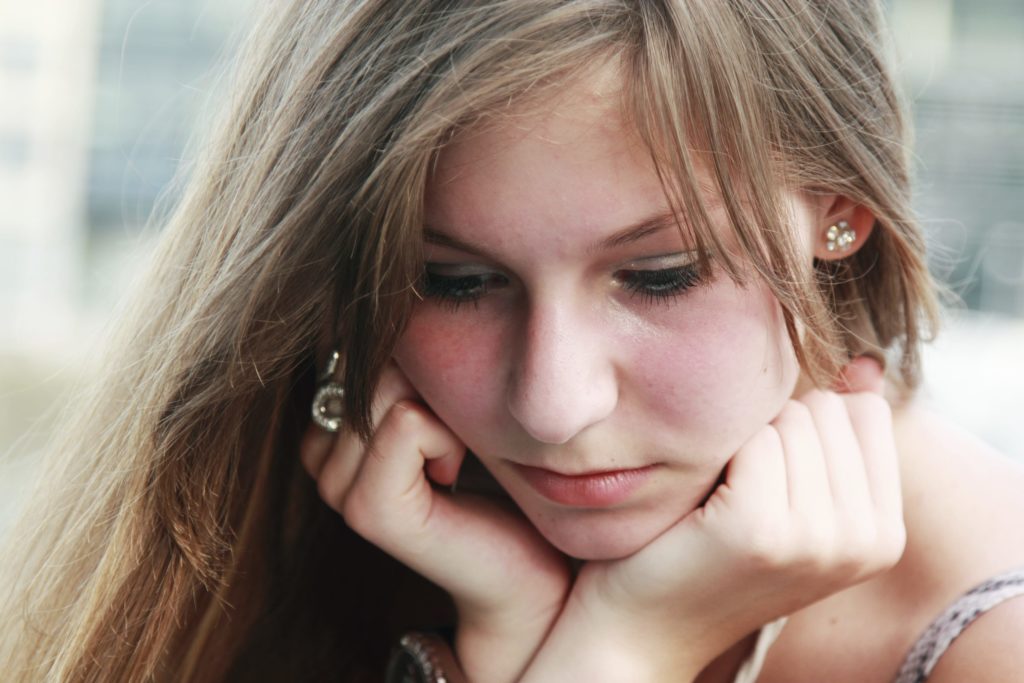Parents of teens tend to cover the same battleground in nearly every home. Kids want to stay up or out late, and parents want them in bed at a “decent hour”. Teens want to stay in bed late into the next day while parents feel frustrated over the wasted daylight. Actually, the issue of teenage sleep is more important than many realize. If a teenager is struggling with worry and anxiety it may well be due to the fact that he or she is not getting enough sleep each day. Then link between lack of sleep and increased anxiety in teens has been the subject of a recent university study. According to researchers at the University of California, Berkeley, teens that don’t get enough sleep at night can over stimulate the regions of the brain where their emotions and behavior are processed. This means that parents don’t imagine that their tired teen is edgy the day after a sleeplessness night. The teen is very likely dealing with some increased anxiety. After all, anxiety is fear and fear is an emotion. Rev up the brain’s emotional center and you also turn on the worry. Other studies have shown that feeling anxious can keep people awake. Insomnia is actually sleep anxiety. So much like the question of which came first, the chicken or the egg, it has been hard to say whether anxiety creates teen sleeping problems or if lack of sleep causes anxiety in teens. The U.C. Berkeley study represents one attempt to dissect the problem and get at an initial cause. For their study, Berkeley researchers recruited 18 young adults. None of them had clinical (diagnosed) anxiety although they did show varying degrees of general anxiety. The 18 study subjects were given one good night of sleep and then underwent image testing. The next night the subjects had a poor night of sleeping and were again tested. Each time the researchers used brain scans during the image testing to discover what was happening there as a result of good or bad sleep. Following both the good and bad nights of sleep the subjects were asked to view images. Some images were neutral, others were distressing. Before viewing the neutral images subjects were shown the image of a yellow circle. This image cued the subject as to what kinds of images to expect. Before viewing disturbing images, subjects were shown a red dash. Signaling upcoming images allowed the researchers to track anticipatory anxiety levels in addition to stress or anxious responses. The Berkeley researchers found that subjects with less sleep showed greater activity in the insular cortex and amygdala. Sleep deprivation boosted activity in those regions. If a person tended toward fretting anyway, not getting enough sound sleep can leave them feeling even more anxious. Lack of sleep can have a cumulative effect. It can add up over time. Not getting proper sleep harms overall health, and when that happens, emotional health can also be compromised. The longer a teen goes with little sleep the more prone he or she will be to emotional problems including anxiety. The truth is that teens need lots of sleep. Tiny infants usually require upwards of 12 hours per day of sleep. Not far behind, teenagers still need 9 to 10 hours each day. Like the infant, the teenager’s brain is in a stage of rapid development and rest is crucial. To complicate matters, although the teen needs more sleep than he/she did in grammar school, their circadian rhythms are in a phase of adjustment. They feel like staying up later even though they really need more sleep. This helps explain why teens can have trouble falling asleep if they go to bed too early. Teens who are having trouble sleeping can try a few simple tricks to improve sleeping:
- Journal concerns – writing them down somehow alleviates the burden
- Take a warm bath
- Say prayers before getting into bed – research shows prayer or meditation is sleep-enhancing
- Exercise vigorously during the day or take a gentle walk two hours prior to bed
- Cut out or reduce caffeine, sugar and energy drinks
- Relax muscles systematically from toes to head; breathe deeply
Teens need sleep, but they don’t feel like they do. If a teen begins showing signs of anxiety, try helping them to improve their bedtime routine and focus on getting more restful sleep. It could reduce the anxiousness they feel.






